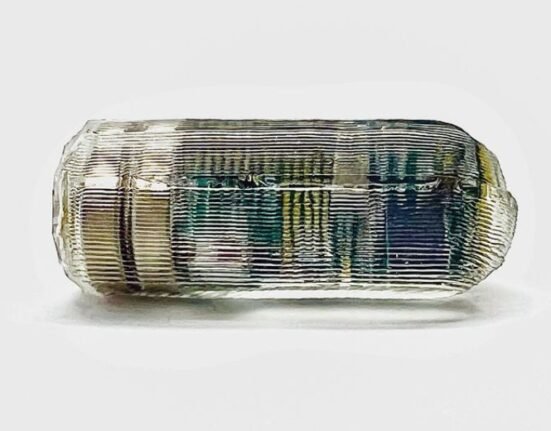HQ team
April 24, 2024: A study conducted by dermatologists from the University of California San Diego has revealed a connection between skin wounds and gut health, shedding light on what researchers term as “skin-gut axis.” Contrary to the common belief of gut microbes upsetting the skin, the research highlights the reciprocal relationship, indicating that damage to the skin can disrupt the balance of the intestines’ defenses and alter the composition of the gut microbiome.
Our body has various organs that face the outside world, with the skin being the most obvious one. But organs like the gut and lungs also have protective barriers of the epithelial tissue. These act like guards, keeping out harmful germs like bacteria and fungi while letting in helpful ones, such as the good bacteria in our gut.
It’s interesting that when one of these protective surfaces gets injured, it can sometimes affect other organs far away. For instance, inflammation in the gut has been connected to damage in the lungs.
Gut microflora
The study, conducted on mice, involved inducing 1.5 centimeter incisions on the skin of one group of mice while comparing their fecal samples to those of a control group. Interestingly, the wounded mice exhibited a significant increase in disease-causing bacteria and a decrease in beneficial bacteria in their feces, suggesting a notable shift in their gut microflora.
Hyaluronan
Further experiments involved genetically altering mice to produce more of an enzyme that breaks down hyaluronan, a molecule crucial in tissue injury and repair. This alteration mimicked skin injury without actually wounding the mice, providing insights into the mechanism behind the skin-gut link.
Moreover, mice with skin wounds or alterations in hyaluronan experienced exacerbated cases of colitis, a digestive disorder, compared to control groups. Fecal transplants from these mice transferred susceptibility to colitis, indicating a direct correlation between skin damage and gut condition severity.
The lead author of the study commented, “Prior studies have observed dysbiosis in the gut microbiome of individuals with inflammatory skin disease. It had been assumed that microbes in the gut were influencing the skin.” The researchers suggest that these findings offer an unexpected explanation for the association between skin and intestinal diseases in humans.
While further studies in humans are needed to confirm these findings, this research, marks a significant milestone in understanding the intricate relationship between skin health and gut microbiota, potentially opening new avenues for therapeutic interventions in various skin and intestinal conditions.
The research is published in Nature.




